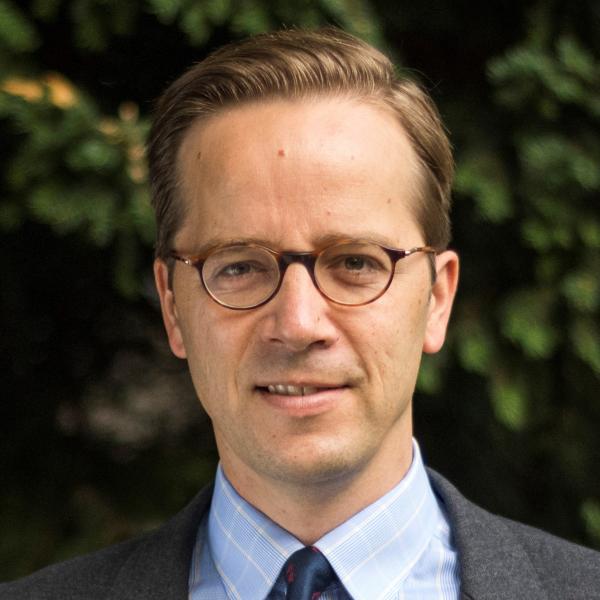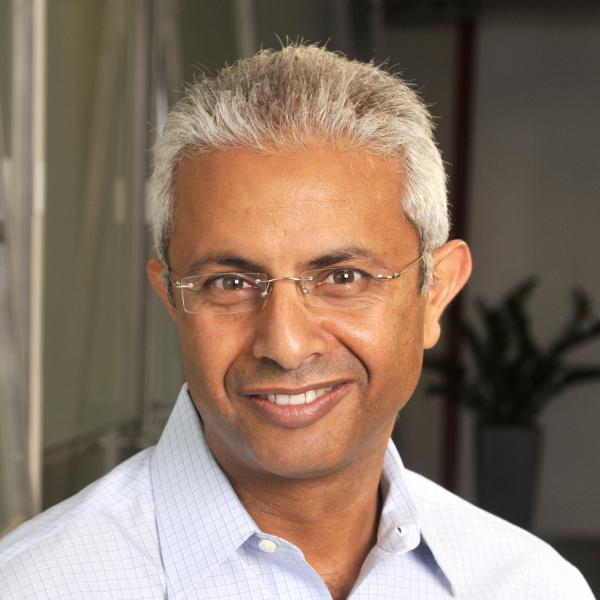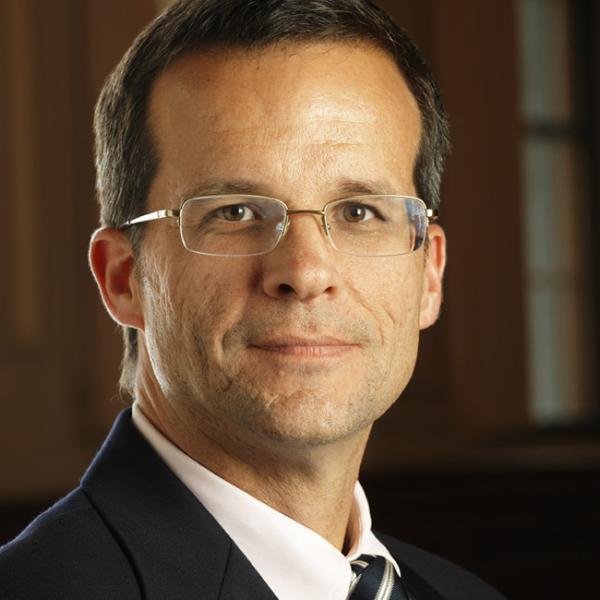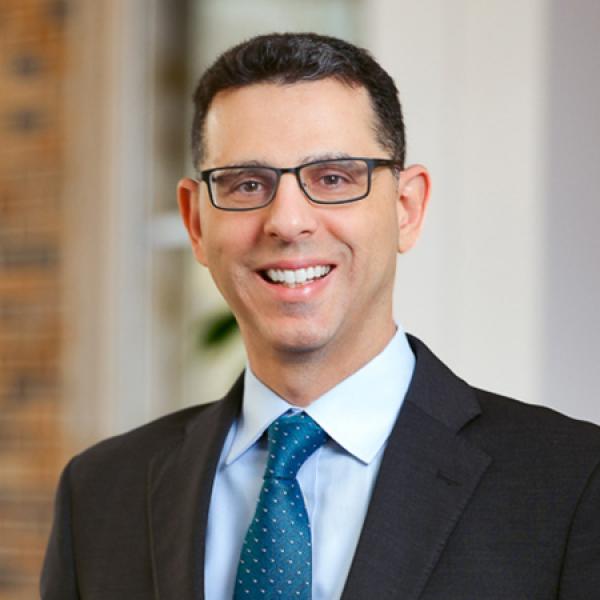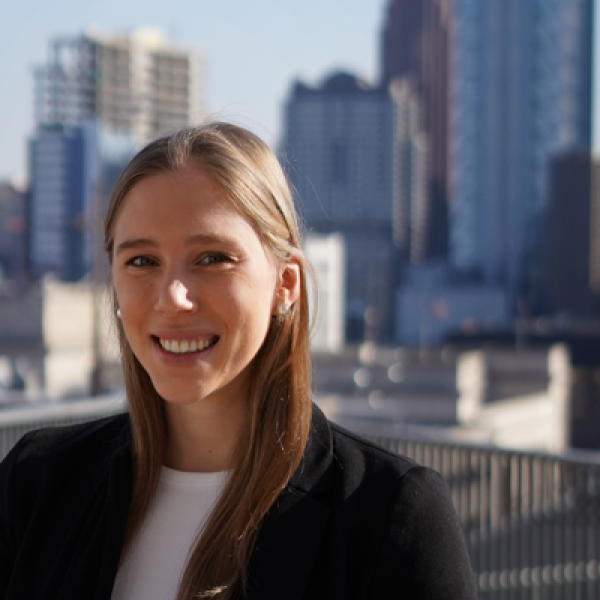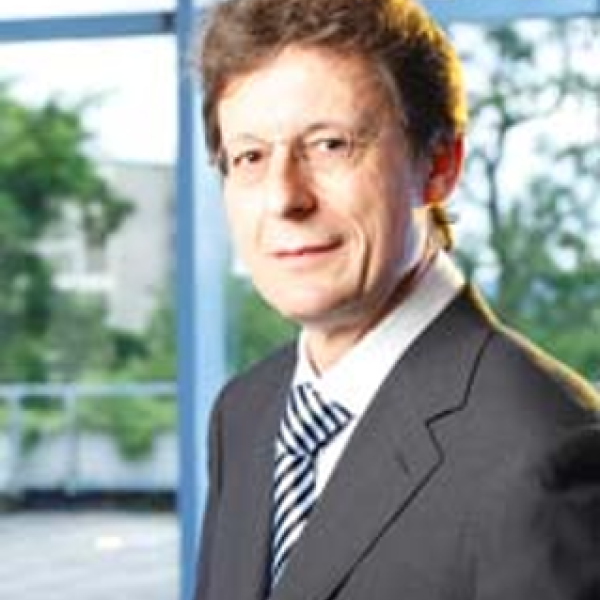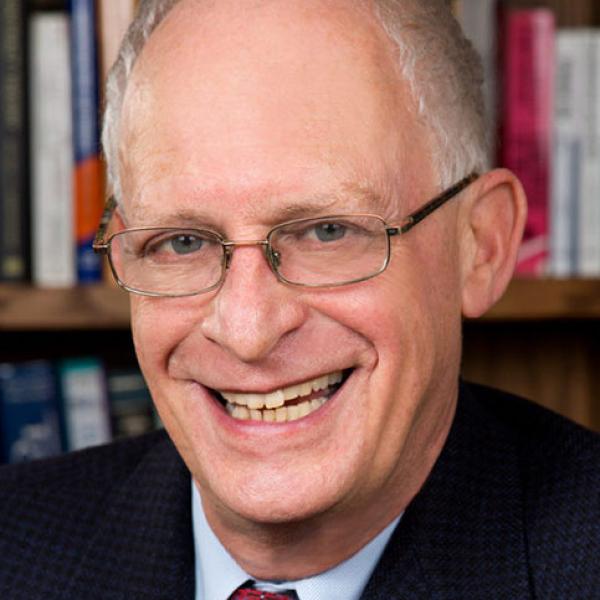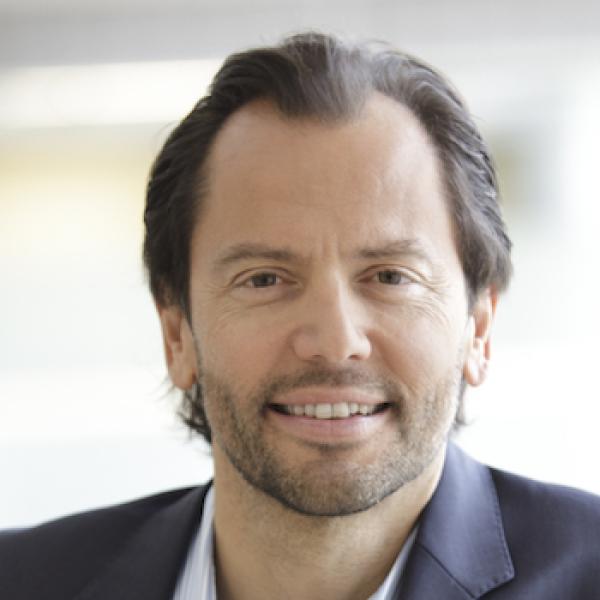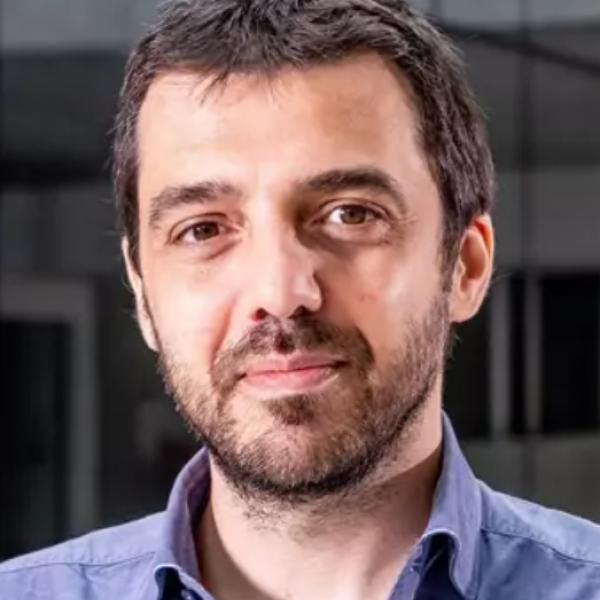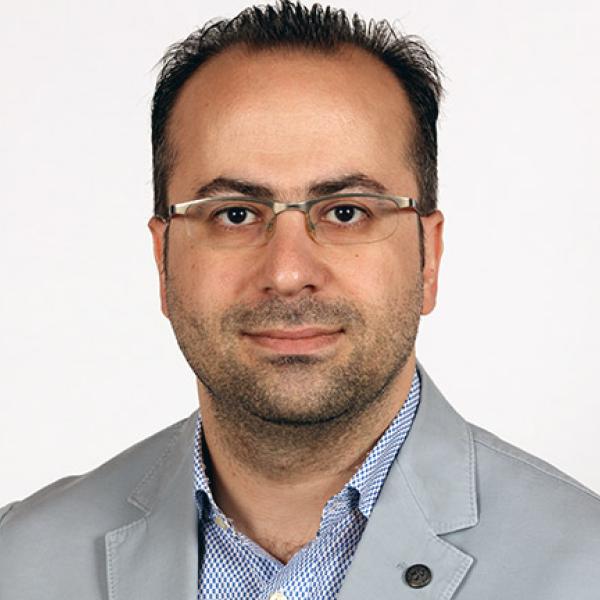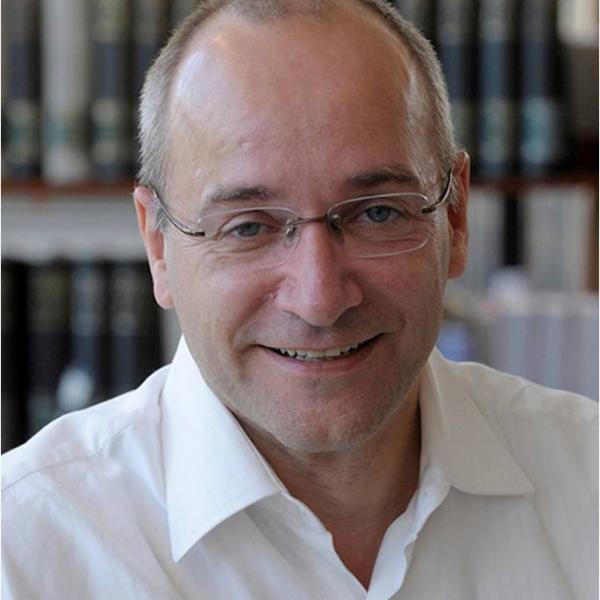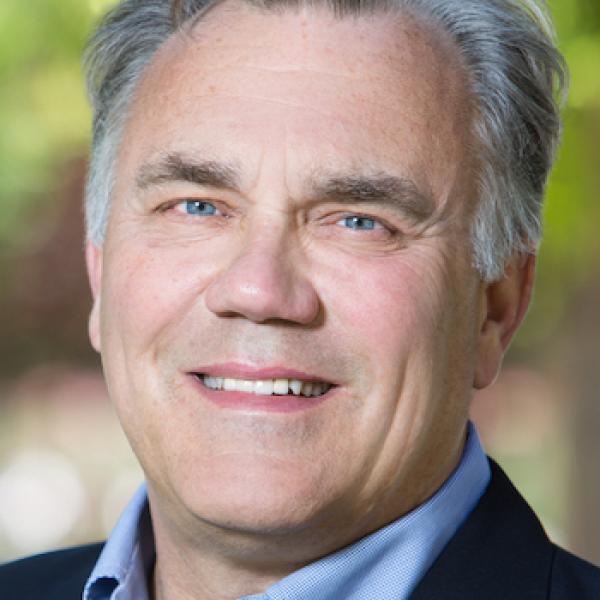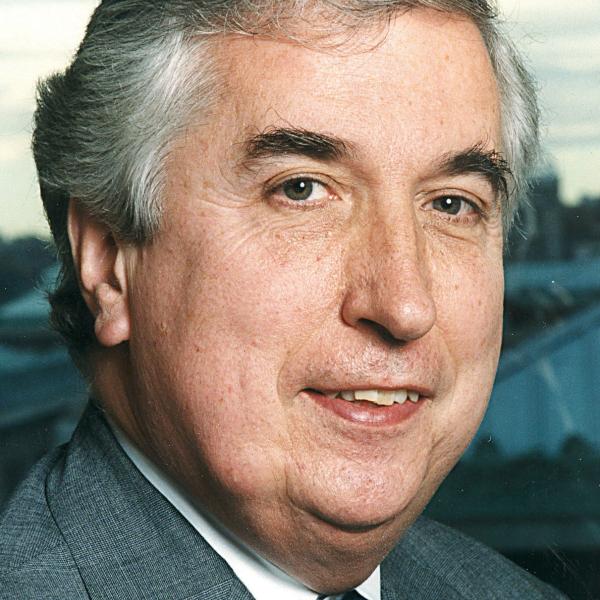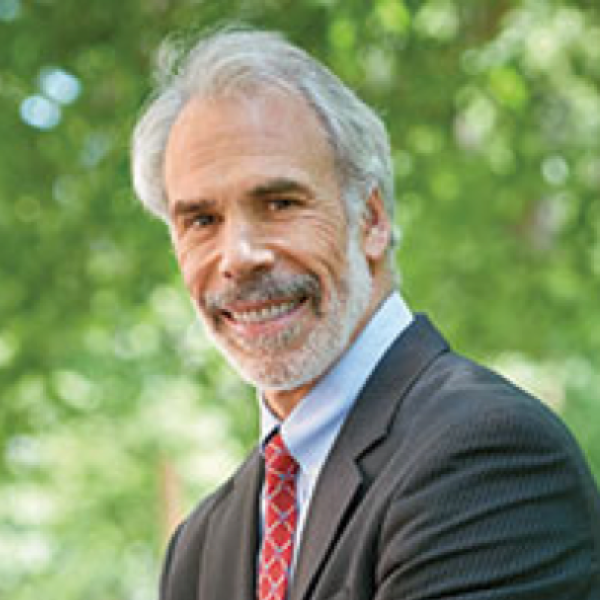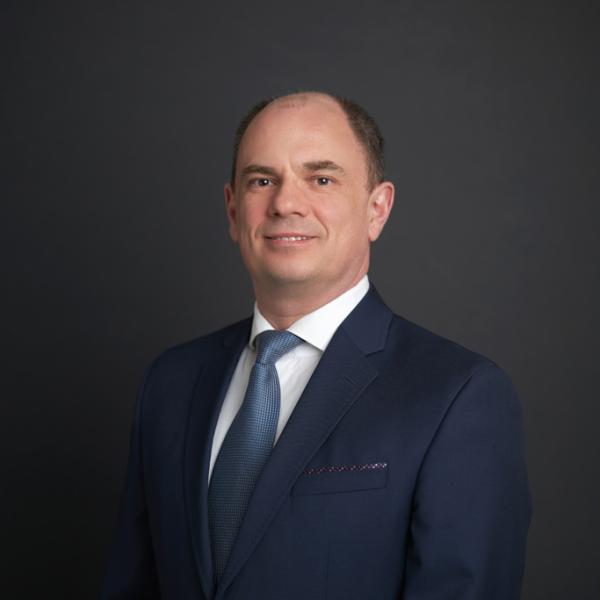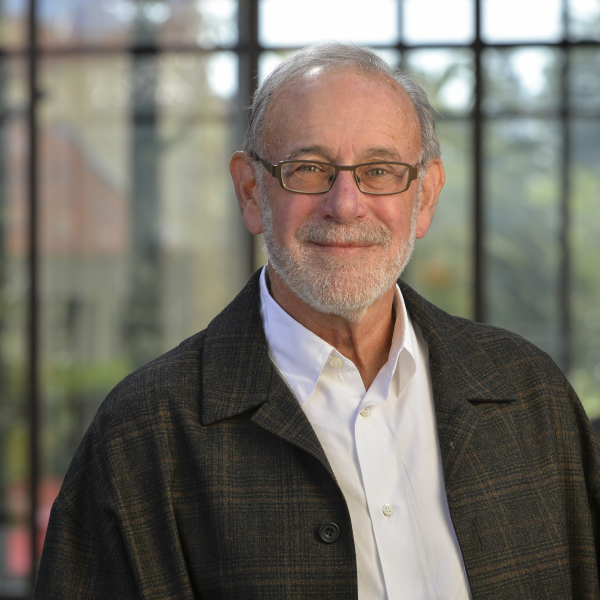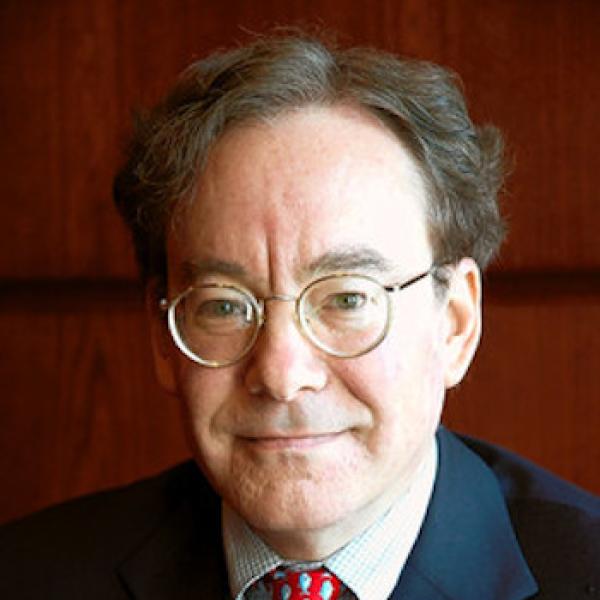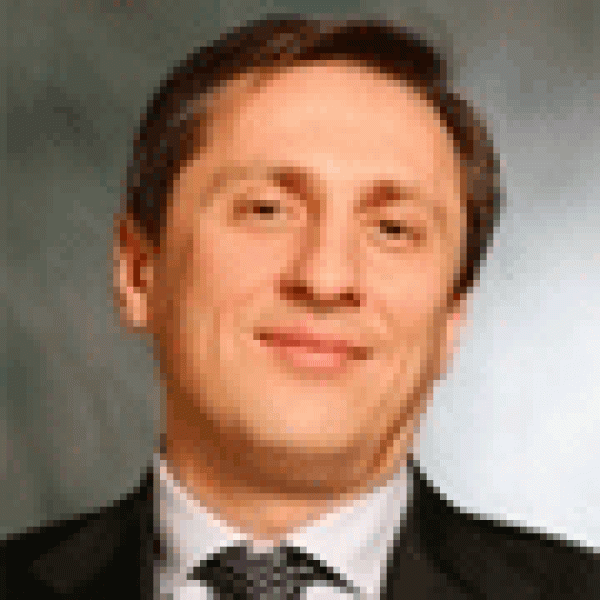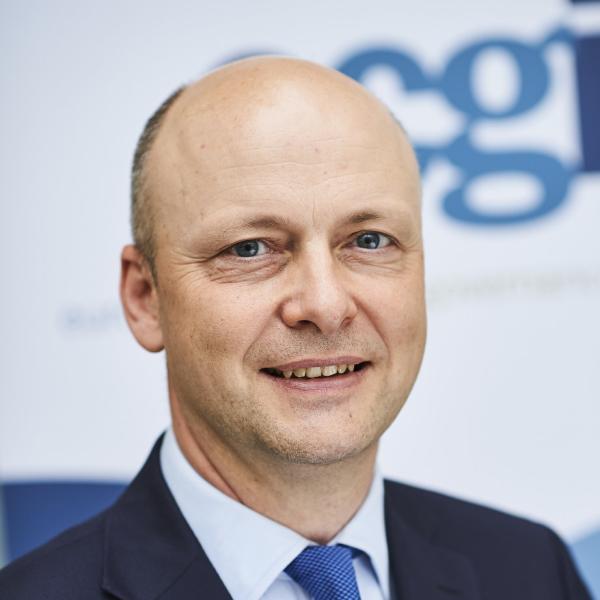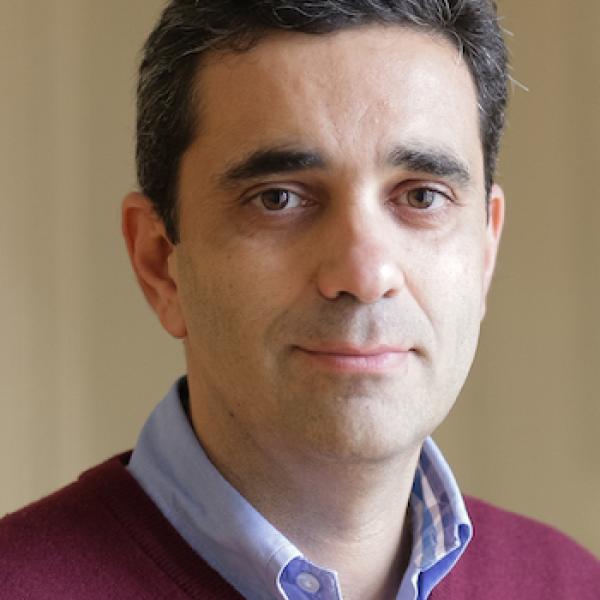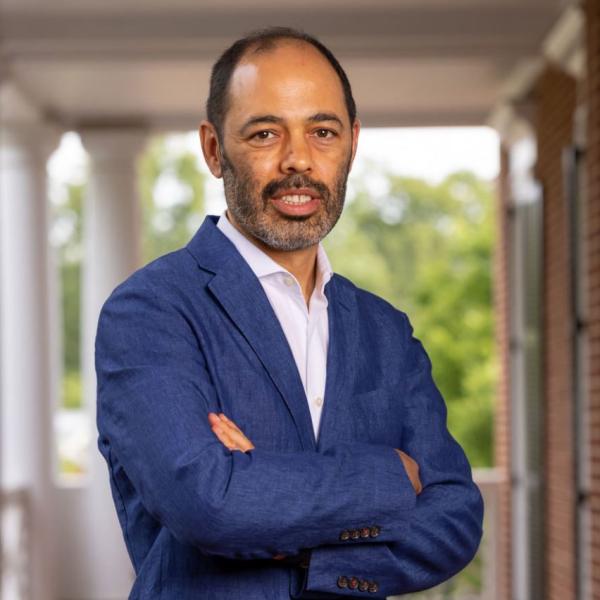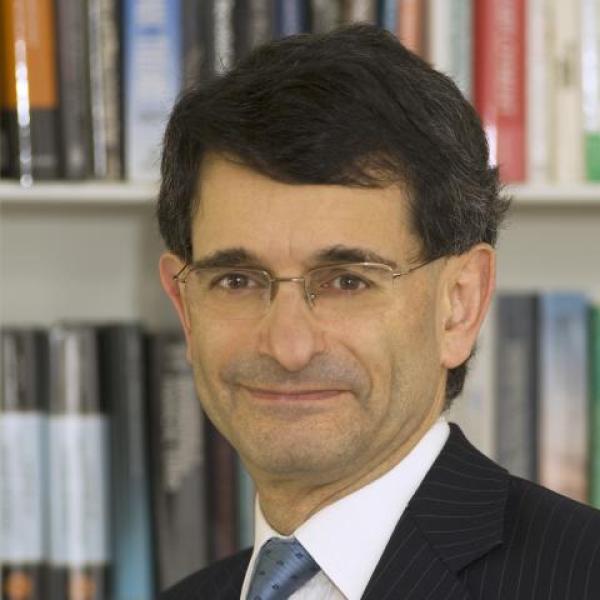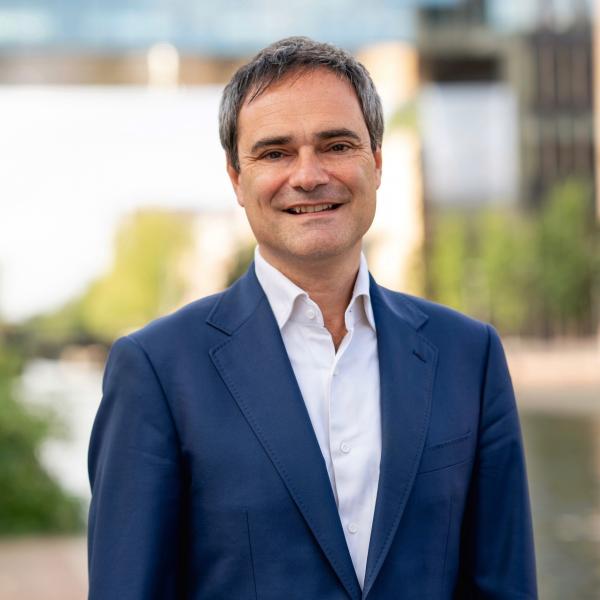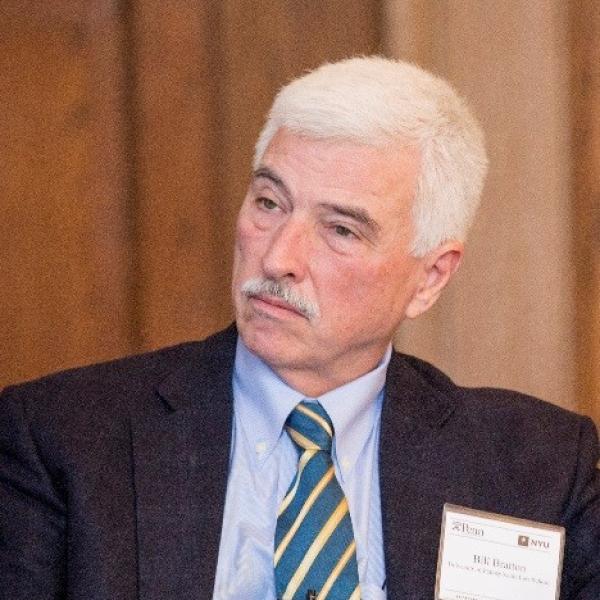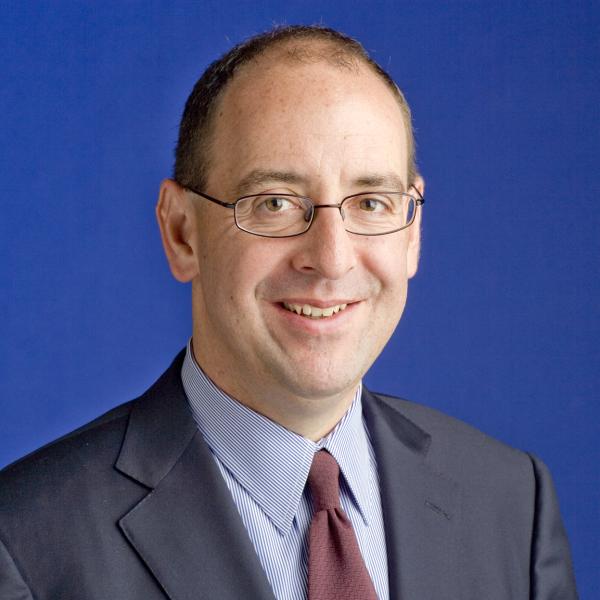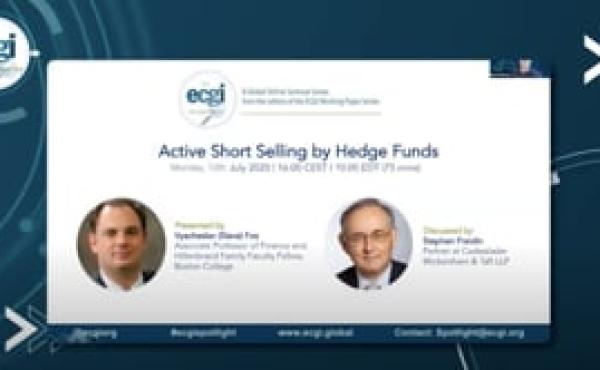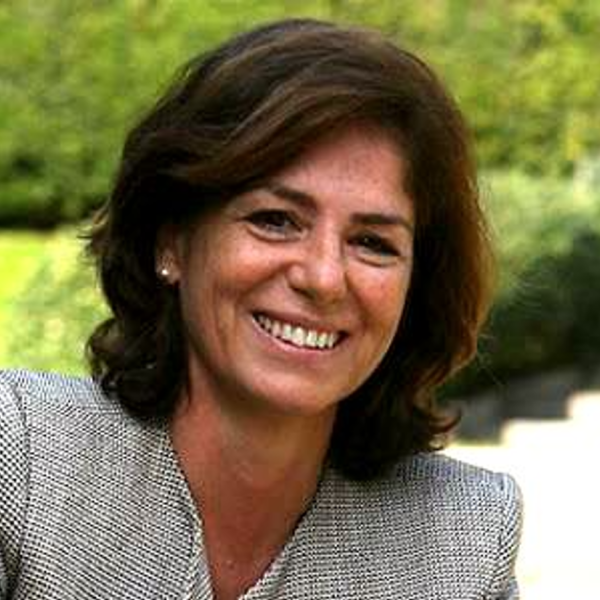Hedge Fund Activism
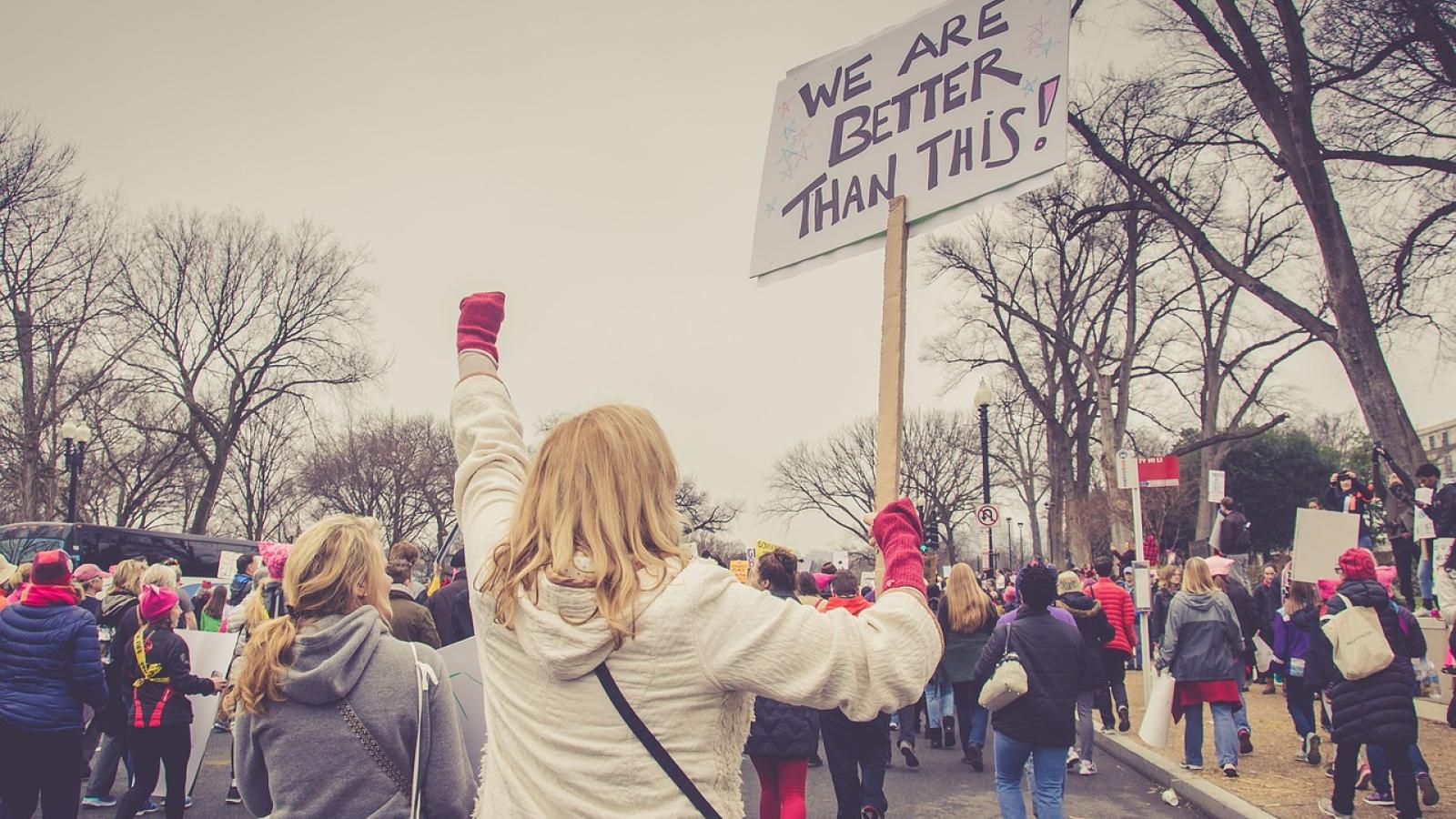
Hedge Fund Activism
Hedge funds are engaging in a form of shareholder activism and monitoring that differs fundamentally from previous activist efforts by other institutional investors. Several studies show that when institutional investors, particularly mutual funds and pension funds, follow an activist agenda, they do not achieve significant benefits for shareholders (Karpoff (2001), Romano (2001), Black (1998), and Gillan and Starks (2007)).
Research by Brav, Jiang, Partnoy and Thomas (2008); Klein and Zur (2008) suggested that the opposite is true of hedge funds. Unlike mutual funds and pension funds, hedge funds may be able to influence corporate boards and managements due to key differences arising from their different organizational form and the incentives that they face. Hedge funds employ highly incentivized managers who manage large unregulated pools of capital.
Because they are not subject to regulation that governs mutual funds and pension funds, hedge funds can hold highly concentrated positions in small numbers of companies, and use leverage and derivatives to extend their reach. Hedge fund managers also suffer few conflicts of interest because they are not beholden to the management of the firms whose shares they hold. After the financial crisis, hedge funds have been subject to some new regulation, including limited disclosures to regulators, but those have not fundamentally altered their business. In sum, hedge funds are better positioned to act as informed monitors than other institutional investors.
Brav, Jiang, Partnoy and Thomas (2008) find that hedge fund activists tend to target companies that are typically “value” firms, with low market value relative to book value, although they are profitable with sound operating cash flows and return on assets. Payout at these companies before intervention is lower than that of matched firms. Target companies also have more takeover defenses and pay their CEOs considerably more than comparable companies. Relatively few targeted companies are large-cap firms, which is not surprising given the comparatively high cost of amassing a meaningful stake in such a target. Targets exhibit significantly higher institutional ownership and trading liquidity. These characteristics make it easier for activists to acquire a significant stake quickly.
Clifford (2008), Brav, Jiang, Partnoy and Thomas (2008), Bebchuk, Brav and Jiang (2013), Klein and Zur (2009), and Becht, Grant and Wagner (2014), and others, suggest that hedge fund activism generates significantly higher announcement period abnormal stock returns than a control sample of passive block holders, and that hedge fund activists have achieved measurable success, at least in terms of traditional metrics such as Tobin’s Q. Bebchuk, Brav and Jiang (2013) find that hedge fund activism through 2007 was followed by improved operating performance during the post-intervention 5-year period.
Studies of the first wave of hedge fund activism suggested that activism might be in decline as the market for activism grew, competition increased, and the most viable opportunities for interventions declined. Brav, Jiang, Partnoy and Thomas (2008), for example, found that as hedge fund activism became more common, the average abnormal returns at the filing of a Schedule 13D dropped, from 15.9% in 2001 to 3.4% in 2006. However, Krishnan, Partnoy and Thomas (2016) find that top hedge fund activists were able to achieve continued success in the face of increased competition by acquiring a reputation for having the ability to pressure managers in credible ways.
The long term effects of hedge fund activism are hotly debated. DeHann, Larcker and McClure (2018) find pre- to post activism returns are insignificantly different from zero and further find no evidence of abnormal post-activism performance improvements. Bebchuk, Brav and Jiang (2015) argue that policy makers should not accept claims that hedge fund activism is costly to firms and their shareholders in the long term.
There is an extensive literature on hedge fund activism which is summarized in Bebchuk, Brav and Jiang (2015); Brav, Jiang and Kim (2009); Coffee and Palia (2015). The international aspects of hedge fund activism have also been explored extensively in Becht, Franks, Grant and Wagner (2015); Becht, Franks and Grant (2010).
This page is intended as a resource for issues pertaining to activism and corporate governance as examined through the disciplines of economics, business strategy, law and other areas.
Queries, suggested inclusions, and project funding proposals should be directed to Prof. Randall Thomas (randall.thomas@law.vanderbilt.edu).
*****
Resources:
Academic Papers:
- Ed DeHaan, David F. Larcker, Charles McClure, “Long-Term Economic Consequences of Hedge Fund Activist Interventions” (19 October 2018)
- Nickolay Gantchev and Merih Sevilir, “Activism and Empire Building” (27 September 2018)
- Nickolay Gantchev, Oleg Gredil, Chotibhak Jotikasthira, “Governance Under the Gun: Spillover Effects of Hedge Fund Activism” (22 May 2018)
- John Buchanan, Dominic Heesang Chai, Simon Deakin, “Unexpected Corporate Governance Outcomes from Hedge Fund Activism in Japan” (26 January 2018)
- Mike Burkart and Samuel Lee, “Activism and Takeovers” (11 January 2018)
- John Coffee, “The Agency Costs of Activism: Information Leakage, Thwarted Majorities, and the Public Morality” (22 November 2017)
- Marcel Kahan and Edward Rock, “Anti-Activist Poison Pills” (11 August 2017)
- Alessio Pacces, “Hedge Fund Activism and the Revision of the Shareholder Rights Directive” (21 April 2017)
- Alon Brav, Amil Dasgupta, Richmond Matthews, “Wolf Pack Activism” (1 April 2017)
- Vyacheslav Fos, Pierre Collin-Dufresne, Kerry Back, Tao Li, Alexander Ljungvist, “Activism, Strategic Trading, and Liquidity” (10 March 2017)
- William Bratton, “Hedge Fund Activism, Poison Pills and the Jurisprudence of Threat” (1 September 2016)
- Jan Bena, Miguel Ferreira, Pedro Matos, Pedro Pires, “Are Foreign Investors Locusts? The Long-Term Effects of Foreign Institutional Ownership” (1 August 2016)
- Alessio Pacces, “Exit, Voice and Loyalty from the Perspective of Hedge Fund Activism in Corporate Governance” (1 July 2016)
- Marco Becht, Julian Franks, Jeremy Grant, Hannes Wagner, “Returns to Hedge Fund Activism: An International Study” (1 March 2015)
- John Coffee and Darius Palia, “The Impact of Hedge Fund Activism: Evidence and Implications” (1 September 2014)
- Mike Burkart and Amil Dasgupta, “Activist Funds, Leverage, and Procyclicality” (1 June 2014)
- John Buchanan, Dominic Heesang Chai, Simon Deakin, “Agency Theory in Practice: A Qualitative Study of Activism in Japan” (1 February 2014)
- Massimo Belcredi and Luca Enriques, “Institutional Investor Activism in the Context of Concentrated Ownership and High Private Benefits of Control: The Case of Italy” (1 January 2014)
- Brian Cheffins, “Hedge Fund Activism Canadian Style” (1 March 2013)
- Ron Gilson and Jeffrey Gordon, “The Agency Costs of Agency Capitalism: Activist Investors and the Reevaluation of Governance Rights” (1 February 2013)
- Yasushi Hamao, Kenji Katsuna, Pedro Matos, “Foreign Investor Activism in Japan: The First Ten Years” (1 June 2010)
- Marco Becht, Julian Franks, Jeremy Grant, “Hedge Fund Activism in Europe” (1 May 2010)
- John Armour and Brian Cheffins, “The Rise and Fall (?) of Shareholder Activism by Hedge Funds” (1 September 2009)
- Marcel Kahan and Edward Rock, “Hedge Fund Activism in the Enforcement of Bondholder Rights” (1 March 2008)
- Alon Brav, Wei Jiang, Frank Partnoy, Randall Thomas, “The Returns to Hedge Fund Activism” (1 March 2008)
- Marco Becht, Julian Franks, Colin Mayer, Stefano Rossi, “Returns to Shareholder Activism: Evidence from a Clinical Study of the Hermes U.K. Focus Fund” (1 December 2006)
- April Klein and Emanuel Zur, “Hedge Fund Activism“ (1 September 2006)
- Alon Brav, Wei Jiang, Frank Partnoy, Randall Thomas, “Hedge Fund Activism, Corporate Governance, and Firm Performance” (1 September 2006)
- Anna L. Christie, “The New Hedge Fund Activism: Activist Directors and the Market for Corporate Quasi-Control” (2019) 19 Journal of Corporate Law Studies 1.
- C. N. V. Krishnan, Frank Partnoy and Randall S. Thomas, “The Second Wave of Hedge Fund Activism: The Importance of Reputation, Clout, and Expertise” (2016) 40 Journal of Corporate Finance 296 (available on SSRN at https://papers.ssrn.com/sol3/papers.cfm?abstract_id=2589992)
- Lucian A. Bebchuk, Alon Brav and Wei Jiang, “The Long-Term Effects of Hedge Fund Activism” (2015) 115 Columbia Law Review 1085 (available on SSRN at https://papers.ssrn.com/sol3/papers.cfm?abstract_id=2291577)
Policy papers, reports, viewpoints and speeches:
Blog posts:
****
Contact:
Prof. Randall Thomas
randall.thomas@law.vanderbilt.edu
